These hypothetical stars are the densest objects in the universe that can exist without becoming full-fledged black holes.
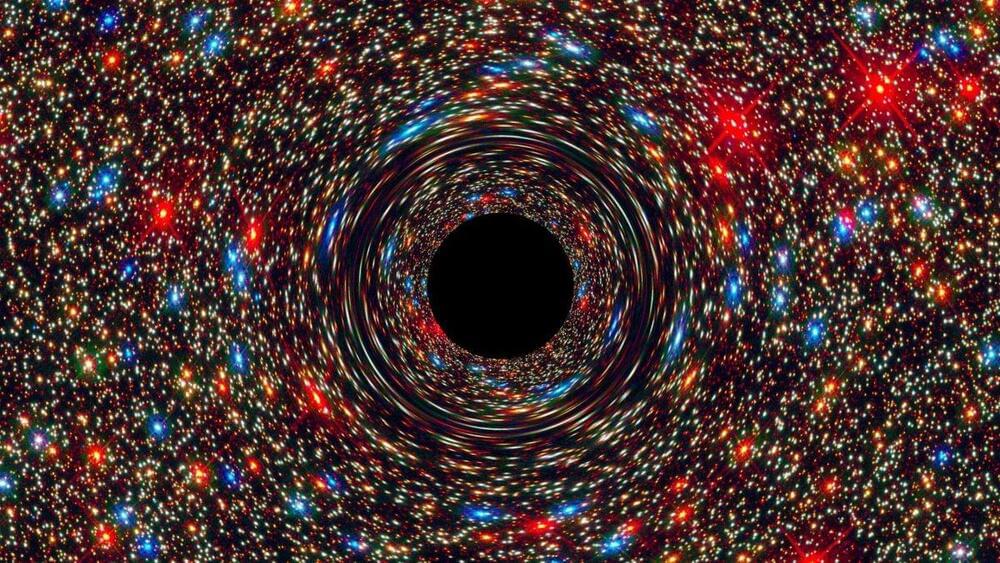

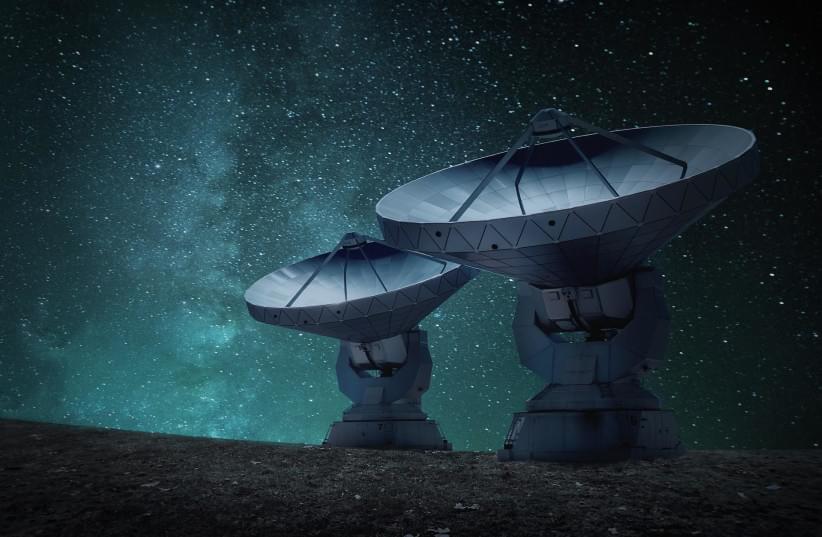
But with so many signals that could happen, how can scientists possibly sift through all of them to try to find a possible alien transmission?
Well, it turns out, scientists found the answer: Don’t. Instead, let AI do it for you.
That’s exactly what the researchers behind this study did, utilizing an AI algorithm to look through signals from a designated 820 different star systems. These targets were made from the Hipparcos catalogue, a collection of data from 118,200 stars made by the European Space Agency’s (ESA) Hipparcos satellite, and totaled over 480 hours of data.
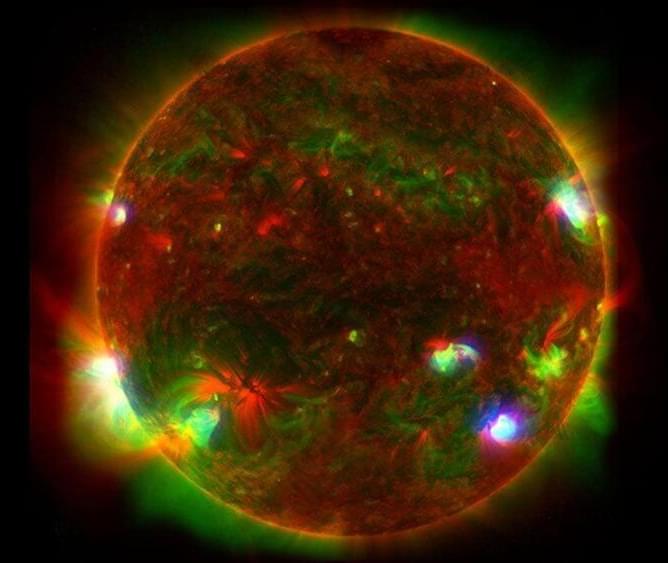
While Venus has long been ignored as a potential home for alien existence, MIT researchers say that the skies of Venus may be hosting aerial extraterrestrial life.
Phosphine Found
The Space Academy reports that, in the pursuit of extraterrestrial intelligence, Venus has hardly been considered. The reason behind such discarding is quite reasonable, given that the surface temperature of the planet reaches over 800 degrees Fahrenheit. Moreover, the density of its atmosphere adds pressure that is close to a hundred times greater than that of the earth’s. Venus also precipitates sulfuric acids, which may cause serious burns among humans.
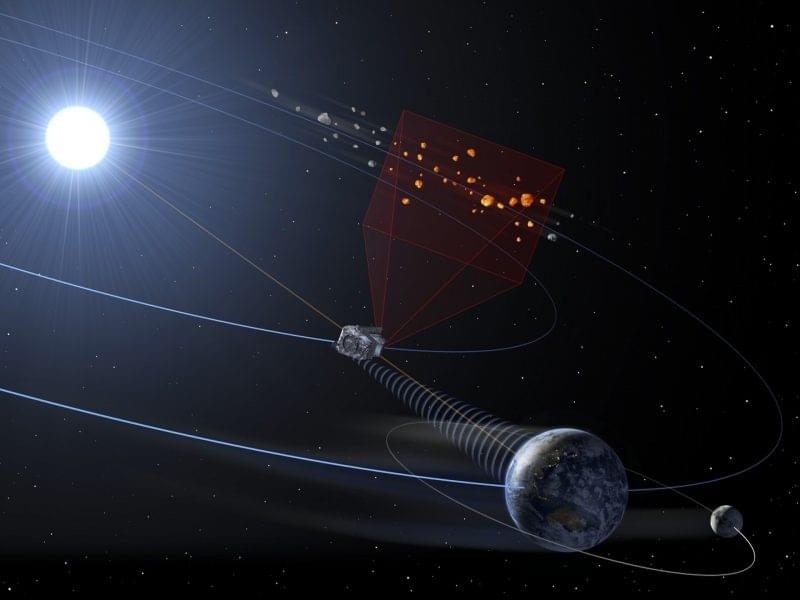
Spotting asteroids near the sun
Astronomers have gotten good at detecting even small asteroids that might be headed toward Earth. But an unknown number of asteroids have paths that might carry them toward us from the sun’s direction. And it’s tough – or impossible – to spot those asteroids coming toward us. ESA’s planned NEOMIR mission will orbit between Earth and the sun at the first Lagrange point (L1). It’ll act as an early warning system for asteroids – 65 feet (20 meters) and larger – that instruments on Earth’s surface cannot see.
NEOMIR stands for Near-Earth Object Mission in the Infrared.
NASA’s mission has always been dedicated to promoting science, technology, aeronautics, and space exploration to improve education, economic vitality, environmental stewardship, innovation, and most importantly knowledge.
For the past week, the space agency has achieved a lot in exploring outer space and shared important insights for further research. From naming a mountain on the Moon, watching and helping from space, and gathering rock samples, here are a few stories that made it to the list:
Personal visual development based on the novel “3001: The Final Odyssey”, written by Arthur C. Clarke.
——
Shop: https://www.redbubble.com/people/gonzalogolpe.
——
Web: https://gonzalogolpe.com/
Blog: https://gonzalogolpeart.blogspot.com/
Unidad project: https://gonzalogolpeunidad.myportfolio.com/menu-eng.
Ferrol project: https://gonzalogolpeferrol.myportfolio.com/home.
Comic: https://gonzalogolpecomic.myportfolio.com/content.
Writings: https://gonzalogolpeverbo.myportfolio.com/portfolio-en.
Artstation: https://www.artstation.com/gonzalogolpe.
Behance: https://www.behance.net/gonzalogolpe.
——
#Film #3001 #GonzaloGolpe

Universitätsklinikum Erlangen is the first in the world to use CAR T-cells to successfully treat a patient suffering from a severe case of muscle inflammation (myositis). The disease is triggered by a malfunction in the immune system that leads to inflammation of the muscles, and the risk of developing a very severe form of the disease is high. The Lancet has now published news of the successful treatment in a case report.
When the 41 year old Mr. S. noticed a dramatic deterioration in this health last year, he initially put it down to a viral infection. However, his health took a dramatic turn for the worse when he was suddenly no longer to move more than a few feet and was barely able to stand up. His symptoms were caused by a severe autoimmune disease affecting his muscles, joints, skin and lungs belonging to the group of anti-immune muscle inflammatory diseases (myositis). The diagnosis: anti-synthetase syndrome.
The name anti-synthetase syndrome is derived from the observation that the enzymes required for the synthesis of amino acids known as aminoacyl-tRNA synthetases are attacked in error by the immune system. This severely impacts the function of various cells.
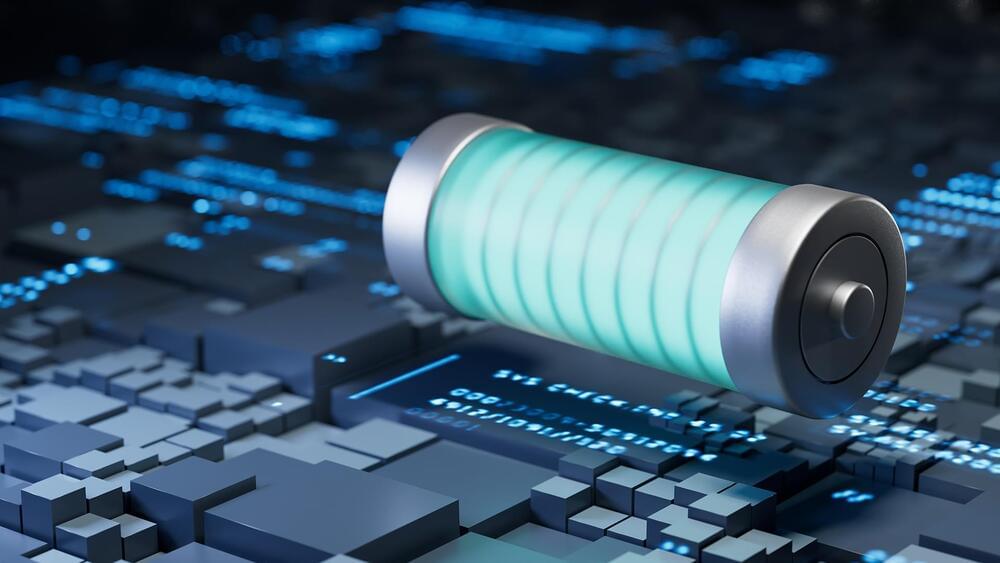
The batteries comprise ammonium-ion electrolytes that may provide an environmentally friendly competitor to traditional metal-ion batteries dependent on precious, finite, and consistently dwindling resources. The ammonium-ion batteries may also have uses in several fields, most notably for grid storage.
KAUST researchers have innovated metal-free, ammonium-ion batteries that provide a sustainable alternative to power the green transition.
Pulses of electricity delivered to a precise location on the spinal cord have helped two stroke patients regain control of a disabled arm and hand, a team reports in the journal Nature Medicine.
Nature article:
https://www.nature.com/articles/s41591-022-02202-6
Two stroke patients regained control of a disabled arm and hand after researchers delivered electrical stimulation to their spines, paving the way toward a medical device that could aid movement.